Two Waterloo classmates caused 'good trouble' 60 years ago
Hultman met with RFK on civil rights; Weems comforted Birmingham bombing parents
“We are confronted primarily with a moral issue. It is as old as the Scriptures and is as clear as the American Constitution. The heart of the question is whether all Americans are to be afforded equal rights and equal opportunities; whether we are going to treat all Americans as we want to be treated.” - President John F. Kennedy, June 11, 1963.
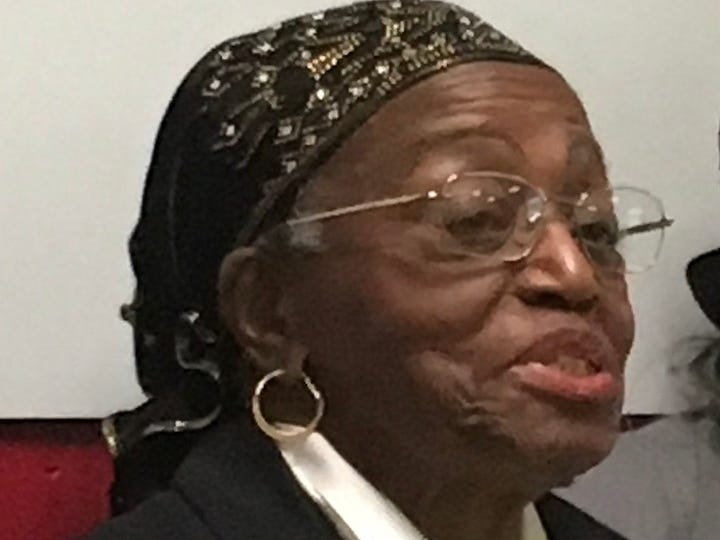
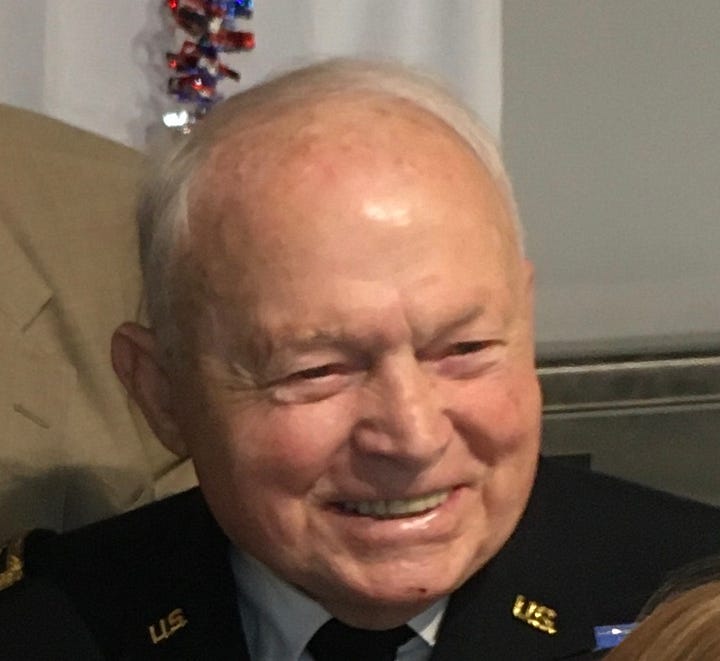
WATERLOO - The names Hickey and Hultman weren't that far apart on the seating chart of the graduation list of the Waterloo East High School Class of 1943.
They took very different paths in life, but found themselves united in the cause of justice 20 years later -- 60 years ago, in the late summer and early fall of 1963.
Evan "Curly" Hultman was the Republican attorney general of the state of Iowa. Anna Mae Hickey, by then Anna Mae Weems, worked at The Rath Packing Co. in Waterloo and was active in Local 46 of the United Packinghouse Workers of America.
Both had achieved some degree of notoriety. Hultman was in his second term as the state's top lawman and being considered as a Republican candidate for governor in 1964. Weems had brought none other than the Rev. Martin Luther King Jr. to Waterloo in November 1959. He spoke at Waterloo West High School and what is now the University of Northern Iowa in Cedar Falls. Weems had met King when he delivered the invocation at a Washington, D.C. prayer breakfast of labor leaders, convened by then-Vice President Richard Nixon.
Her union, the UPWA, also financially supported King’s Southern Christian Leadership Conference through the efforts of Weems’s former Rath co-worker, and national UPWA executive, Russell R. Lasley.
But Weems and her classmate Hultman found themselves at the confluence of history in the summer and fall of 1963 --- and both, by the standards of the times, were making trouble.
In August, Hultman was summoned to Washington, D.C. by an unlikely source -- a Democrat -- U.S. Attorney General Robert F. Kennedy. Kennedy wanted Hultman's input on civil rights. Two months earlier, Kennedy's brother, President John F. Kennedy, had announced he was sending to Congress comprehensive civil rights legislation.
According to an Aug. 15, 1963 Associated Press article, RFK was interested in Iowa's enforcement and application of a public accommodations anti-discrimination law adopted in Iowa back in 1897, and a fair employment practices act adopted earlier in 1963 by the Iowa Legislature.
In preparation for the meeting, Hultman gathered input from Iowa county attorneys and civil rights leaders, prepared a brief and studied the Kennedy administration's proposed civil rights bill.
They met on Aug. 16, 1963, less than two weeks before Rev. King, whom Weems had brought to Waterloo less than four years earlier, delivered his "I Have a Dream" speech on the steps of the Lincoln Memorial during the March on Washington for Jobs and Freedom.
Hultman and Kennedy subsequently attracted criticism from both political parties. Democrats were upset that RFK had not consulted Democratic Iowa Gov. Harold Hughes before inviting Republican Hultman to Washington. Republicans said Hultman should have refused the invitation since he might have been running against Hughes for governor in a year.
Hultman responded to the criticisms.


"This is the major issue of today," Hultman told Associated Press writer Chad Skaggs. "I don't see how a Boston blueblood -- and I don't mean to be derogatory, it might be nice to be a Boston blueblood -- can know anything about these problems, in the South or in Waterloo, Iowa unless he talks to someone who has been in touch with them...If he's going to do his job, he has to talk to people from areas where these problems exist. I don't support all of his program, but if he asks any state attorney general to go to Washington for a conference, I think he should go."
Hultman's comments were printed on Sept. 16, 1963, in an article that ran on the inside pages of most Iowa newspapers.
In those same editions, a much bigger, more ominous but related story ran on Page 1 across Iowa and the nation -- one that underscored Hultman's comments that the issue transcended party politics.
In Birmingham, Ala. where racial tensions had been simmering all summer, a bomb exploded at the Sixteenth Street Baptist Church, killing four girls ages 11 to 14 and injuring 22 other people. The bomb had been placed by the church steps. Years later, several members of the Ku Klux Klan would eventually be prosecuted and convicted of first-degree murder for what was identified at that time as an act of domestic terrorism.
Black leaders in Birmingham asked for federal troops. The crime triggered expressions of outrage across the nation, and by President Kennedy, who said he hoped the tragedy would awaken the nation to "the folly of racial injustice and hatred and violence."

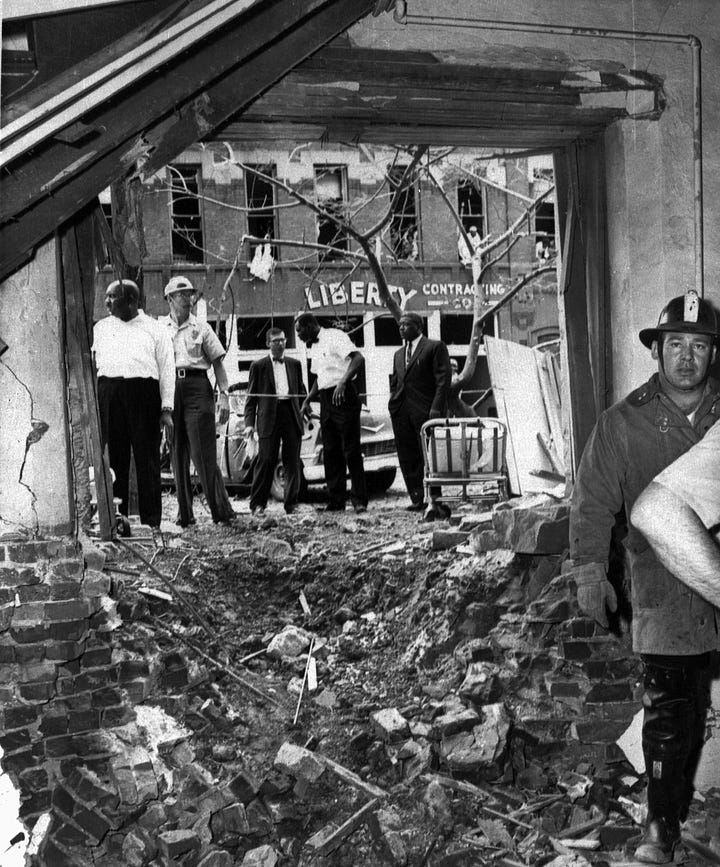
The youngest of the girls killed was Carol Denise McNair, 11, the daughter of Christopher and Maxine McNair. Also killed were Addie Mae Robinson, Cynthia Wesley and Carole Robertson, all 14.
With the outrage came sorrow --- and that sorrow brought the McNairs to Waterloo -- at an event which attorney general Hultman's old East High classmate, Anna Mae Weems, helped organize.
A public memorial service was held Oct. 26, 1963 at Waterloo's Grant Elementary School, in a predominantly Black neighborhood on the east side of Waterloo.
"Among those from Alabama who will come here to attend the service will be Mr. and Mrs. Christopher McNair, whose daughter was one of the children killed in the bombing," the Oct. 13, 1963 Waterloo Courier reported. The youth choir of Union Missionary Baptist Church, presided over by Pastor L.J. Jordan, was to perform. Directors of the program were Jeannine Bryant, Clote Traywick and Helen Miles.
The Courier reported, "There will be a presentation of memorial plaques to the parents of the bombing victims by Mrs. Anna Weems, youth director for the Waterloo Youth Achievement League, the organization sponsoring the memorial."
The church bombing marked a turning point in the American civil rights movement. Less than nine months later, on July 2, 1964, a little more than six months after President Kennedy's assassination, President Lyndon B. Johnson, with Rev. King in attendance, signed the Civil Right Act into law. LBJ had enlisted the help of Republican Senate Minority Leader Everett Dirksen of Illnois, who brought enough Republican votes to bear to break a filibuster by Southern Democrats and pass the legislation.
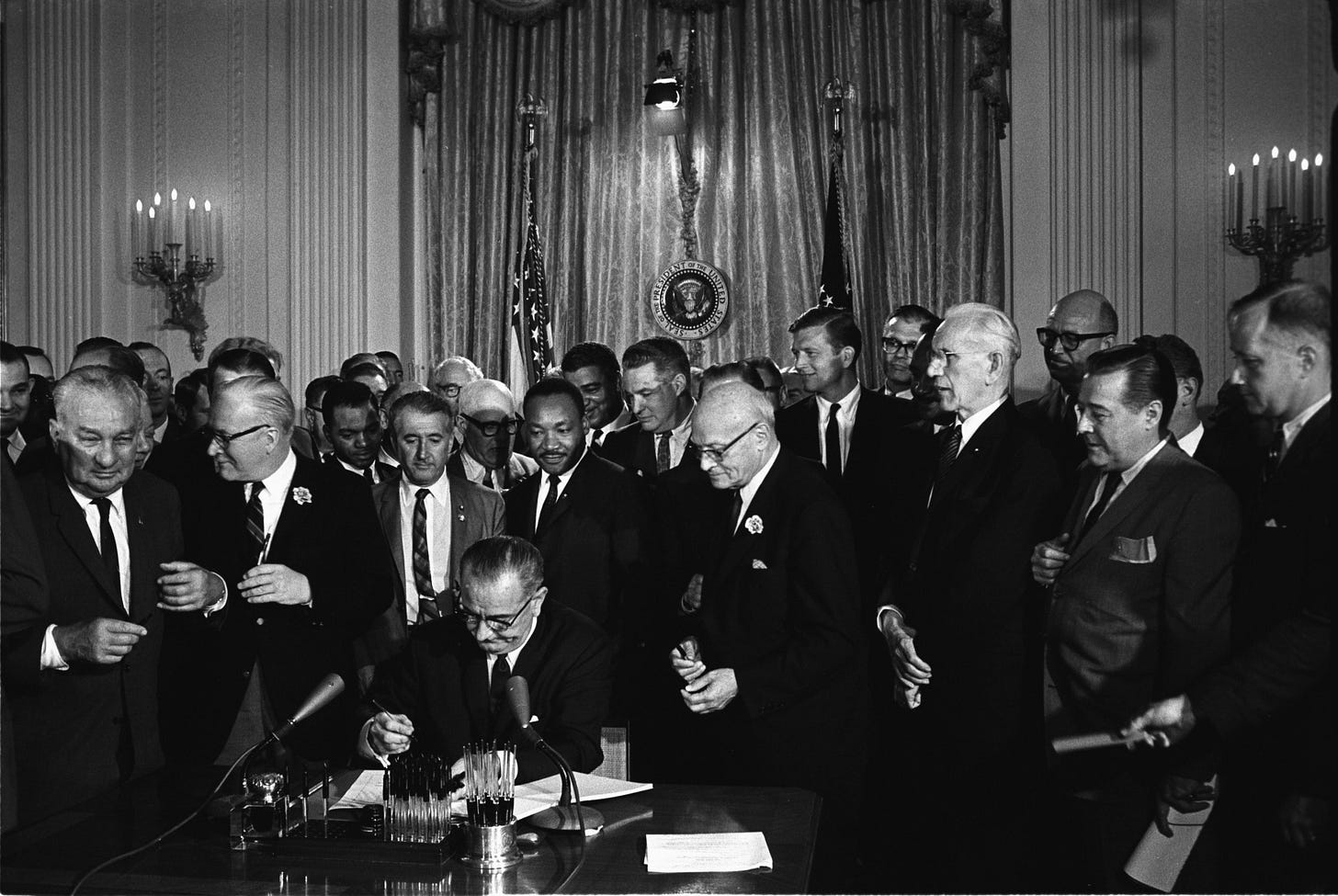
Hultman lost the 1964 gubernatorial race to Gov. Hughes in a Democratic landslide. He never sought elected office again, but would serve a combined 14 years as U.S. district attorney in multiple stints.
Anna Mae Weems would continue her civil rights and union activism. She marched in the first day of a 1968 strike by sanitation workers in Memphis Tenn., supported by Rev. King, who would be assassinated there a few days later. Two months later, then-Sen. Robert F. Kennedy was assassinated in Los Angeles after his victory in the California Democratic presidential primary. election.
Christopher McNair, who became an Alabama state legislator, died in 2019. Maxine McNair, that last living parent of any of the four girls killed in the bombing, passed away in January 2022.
Hultman, also a World War II veteran and retired U.S. Army Reserve major general who headed reserve officer organizations within the U.S. and NATO, turned 98 years old this past July. Weems will turn 98 in February.
The two East High classmates, each in their own rite, are considered Waterloo community icons. In their respective fields of endeavor, they were crusaders for justice in their lives -- including what late Congressman John Lewis would have termed the "good trouble" they engaged in 60 years ago.
Pat Kinney is a freelance writer and former longtime news staffer with the Waterloo-Cedar Falls Courier and, prior to that, several years at the Ames Tribune. He is currently an oral historian with the Grout Museum District in Waterloo. His “View from the Cedar Valley” column is part of “Iowa Writers Collaborative,” a collection of news and opinion writers from around the state who previously and currently work with a host of Iowa newspapers, news organizations and other publications. They are listed below. Clink on the links to check them out, subscribe for free - and, if you believe in the value of quality journalism, support this column and/or any of theirs with a paid subscription .
The Iowa Writers’ Collaborative


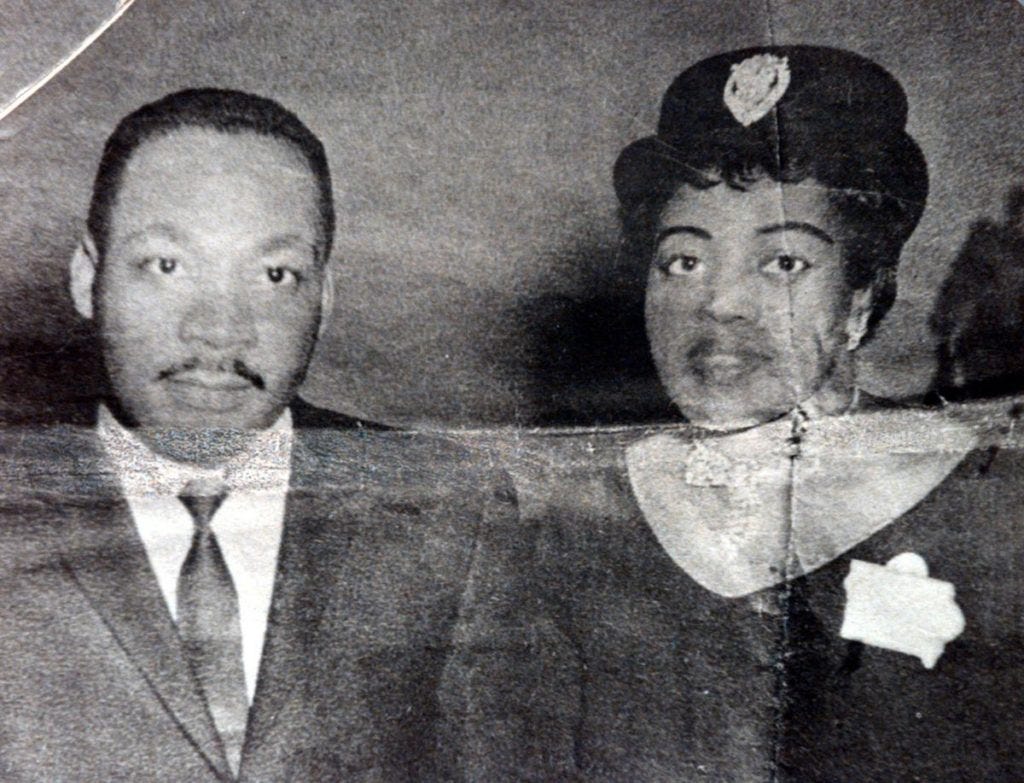
Thank you for telling us about Evan Hultman and Anna Mae Weems. Iowa history is so rich.
I love this slice of Iowa history! Thanks for sharing.